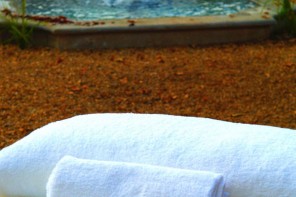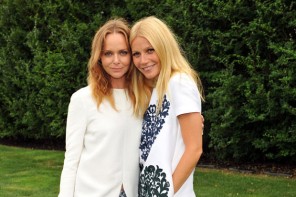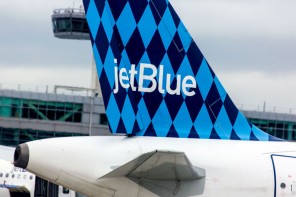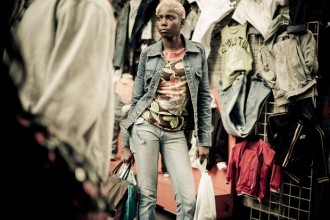Nearly 2 billion people in the world, approximately 35% of the global population, still do not have electricity. Sub-Saharan Africa, with a population of about 350 million people, has the lowest levels of electrification in the world, where 9 out of 10 people do not have electricity. Energy and poverty are linked. The areas in the world with the high levels of poverty also have the lowest levels of modern energy consumption. For example, per capita consumption of modern energy in sub-Saharan Africa, where more than half of the population lives below the poverty line, is a staggering 20 times lower than the global average.
Batteries are one solution, but batteries are costly. People in least developed countries on average spend 6% of their income on batteries (R192/year) – if people in developed countries were to spend the same that would amount to R19 000/year! To break the poverty cycle, people must have unlimited and inexpensive access to information, access to education, access to light wherever and whenever they need it.
Freeplay is a consumer electronics company that builds smart power solutions for consumers that either have no access to grid power or some access to grid power. They harness human, solar and rechargeable energy to power durable portable devices. The product range includes: Mobile Power, Audio, Light, Medical and Humanitarian.
Freeplay’s Lifeline radio is distributed throughout the developing world by the Freeplay Foundation and other aid and development organizations such as UNICEF and other United Nations agencies.
The Freeplay Aid and Development Group exists to help Freeplay achieve its social mission: to bridge the energy gap in the developing world.
Working with key international and local aid and development partners, the Group designs and supplies bespoke products that are used as tools for development. Partners, including the Freeplay Foundation, incorporate the products into their development programs or use the products themselves while out in the field.
Since the production of the first developing world radio product, the Lifeline radio, in 2003, over 400,000 Freeplay radios have been brought to communities in at least 40 developing countries across the globe. It is estimated that these radios have benefited in excess of 6 million people directly and many more people indirectly, by providing them with a vehicle for information and education despite a lack of electricity and batteries in their communities.
Freeplay products are available in SA through Gamma Trading.
Nicola
x







